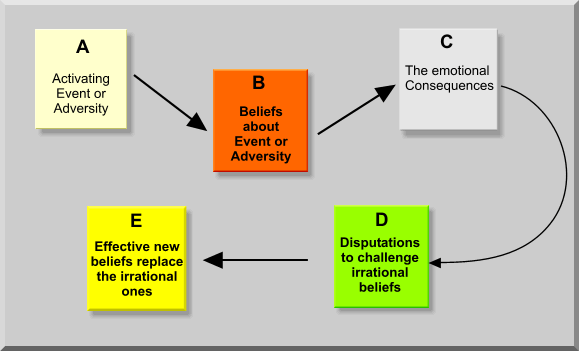 Recently I
have been reading about transactional analysis , a psychotherapy by Eric Berne.
The building block of his therapy is the concept of ego states; these involve a
pattern of thinking, feeling and behaviour. We exhibit three kinds of ego
states: Parent, Adult and Child. In any social grouping we will predominantly
exhibit one or another of these states. But there is one ego state which
overall dominates your personality.
Recently I
have been reading about transactional analysis , a psychotherapy by Eric Berne.
The building block of his therapy is the concept of ego states; these involve a
pattern of thinking, feeling and behaviour. We exhibit three kinds of ego
states: Parent, Adult and Child. In any social grouping we will predominantly
exhibit one or another of these states. But there is one ego state which
overall dominates your personality.
PARENT: In this ego state, our thoughts, attitudes, feelings
and behaviour resemble those of parental figures. At times you would have
noticed yourself repeating your Mom’s or Dad’s statements or reacted the way
they would have. It is the way we relate to others. You can be a controlling parent having rigid rules
for everything and usually prohibitive, judgemental and having too many do’s and
don’ts. Or you could be a nurturing
parent having sympathy and care for other person as well as yourself. At times
parent ego state controls and inhibits other ego states and takes decisions.
ADULT: In
this ego state the person autonomously and objectively appraises reality and
makes judgements. Person is like a self programming computer his focus is on
present or current situation. Collecting data/information, solving problem,
analysing, decision making etc are what an adult ego state do. Show no or
little emotion and use flat tone of voice. Who? What? When? Where? How? Are typical
words of an adult ego state.
CHILD: This
ego state is a set of feelings, thoughts, attitudes and behaviour patterns
which are relics of your childhood. We always carry within ourselves a little
boy or girl who feels thinks and behaves in a way we did when we were kids. Child
ego state is a predominance of feeling, competence, expresses happiness when
demands are fulfilled and unhappiness when demands are unfulfilled. The child ego state is exhibited behaviourally
in two major forms. The adapted child
has feelings and behaviour that are under parental influence such as compliance,
rebelliousness, withdrawal, inhibition etc. The natural child is spontaneous, creative, shows too much emotion and
activity.
We are
always operating from any of these ego states. But there is one ego state that
dominates your personality. Problems and difference among people occur when
they send a message from one ego state but the response comes from an ego state
different from the one addressed. Well that is a different segment about
transactions among these ego states.
Have a good
and insightful day J













.jpg)
.jpg)
.jpg)
.jpg)
.jpg)
.jpg)
.jpg)


.jpg)







.jpg)
.jpg)
.jpg)





